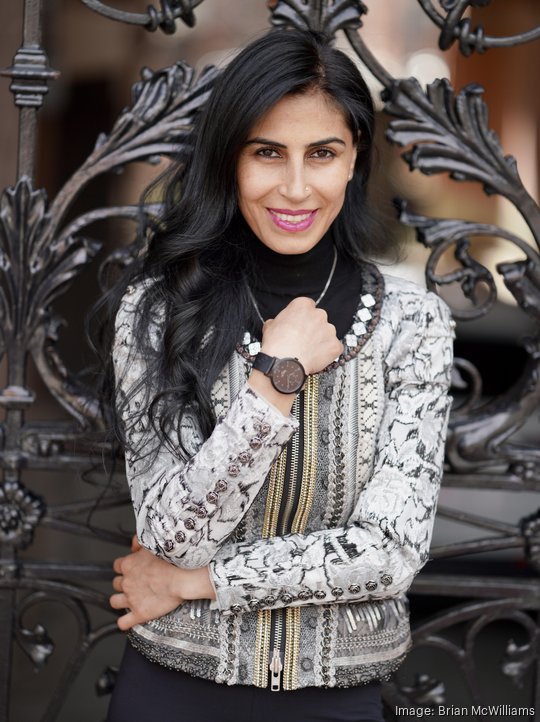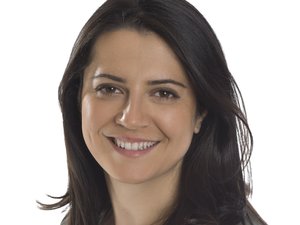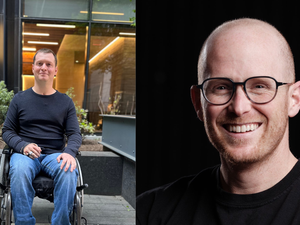
Leyla Uysal grew up in a Kurdish region of Turkey, in a small town along the border of Syria. Uysal was the first in her tribe, which she described as a “big family” of about 5,000 people, to go to college. Not just the first woman—the first person. Uysal left home to study urban planning at a school in Turkey.
Yet as she grew up in the country, Uysal said, she continued to face anti-Kurdish sentiment. Kurds are a minority in Turkey, and a unique Kurdish ethnic identity was discouraged or officially prohibited by the Turkish state until the 1990s, according to Harvard Divinity School.
“I think our fight as a Kurdish people is all around, in every segment of life back in Turkey. At some point, we find ourselves fighting for something, and generally this is for human rights related things,” Uysal said.
Ultimately, Uysal left Turkey and came to the U.S. at 28 years old. She didn’t know any English. Over the last decade, she learned the language and worked as a research assistant, urban planner and designer. She is now completing a master’s in design studies at Harvard.
And she’s also running a business. Uysal is the founder and CEO of Cambridge-based Bajer Watches, which sells a line of luxury watches that reflect Kurdish culture and heritage. The wristbands feature symbols representing Bajer’s motifs of resistance, protection and clarity, which represent resistance against oppression and the joy of growth for Kurdish women.
Uysal recently spoke with BostInno to discuss growing up in Turkey, her move to the U.S., founding Bajer Watches and more.
Why was getting a college education important to you?
It was a little bit challenging for me to make my way to education, and I’m so glad that I did because I think once you open the doors, the doors are open for the ones that are coming behind you. So now, all of my young cousins and siblings are all educated and new ones are emerging. It’s a good change.
Where did the idea for Bajer Watches come from?
I love beautiful things, but I also want those beautiful things to be useful, to serve people, to make their life better. This is where the watches come in. It’s a fashion brand where people feel very special and nice and unique. But it’s serving a purpose.
How did you go about building your brand?
It’s a Kurdish-American company, and then I am bringing very powerful, iconic lines together. I’m bringing the Swiss (timepiece) quality into the game along with the Italian design. This is where the leather craftsmanship is coming from.
Tell us more about the three motifs of Bajer Watches and what role symbols like these played in the lives of Kurdish women.
In our culture, women are not really encouraged or supposed to talk or express, especially their feelings. Our ancestors found a way to communicate with each other. They were making rugs in their homes and in those rugs I discovered that every single motif has a meaning. And when you put them into a certain order, all along with the colors, it tells you a specific story. Let’s say you have a fertile harvest this year. It’s in the rug. Your husband is being mean to you. Something is going wrong. It’s in the rug. You want to have a child. You can’t. It’s in the rug.
So I wrote three of these motifs. One of them is resistance. The other one is protection. And the third one is clarity. And I thought that these motifs represent, starting from me, all the best in Kurdish women.
Where are your watches sold?
I was able to locate them in a fashion store named Flying Solo in New York and they are online.








